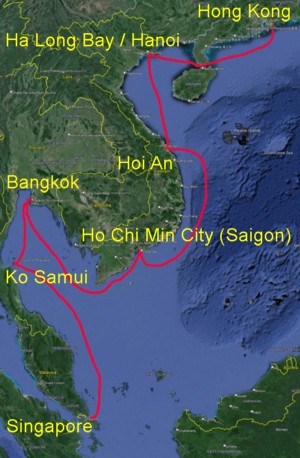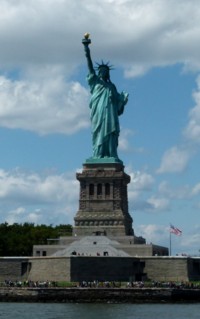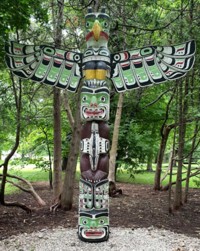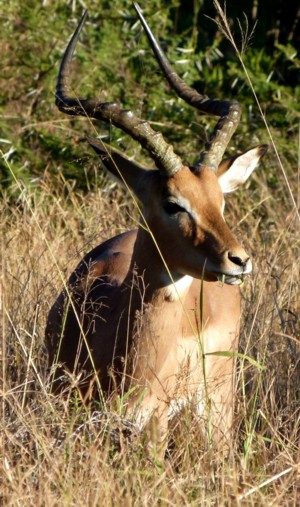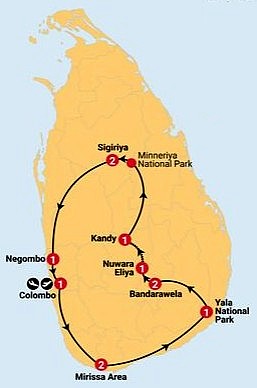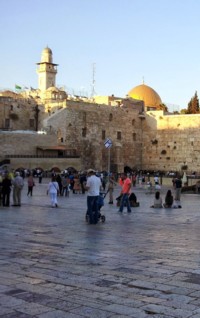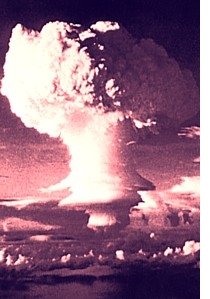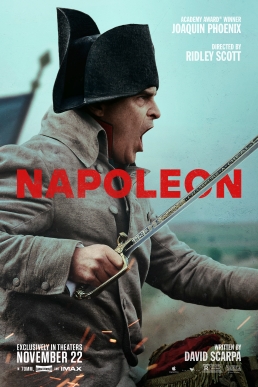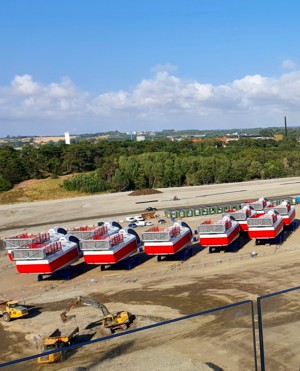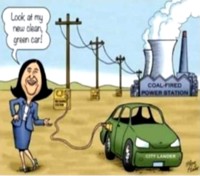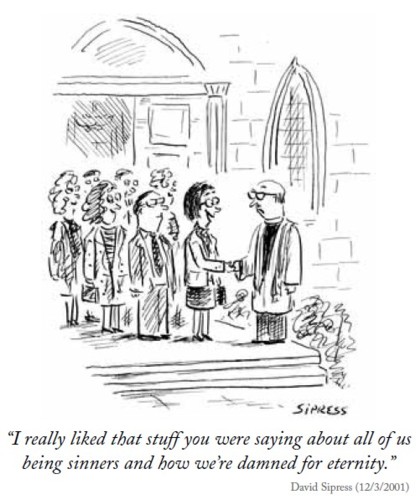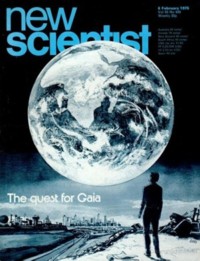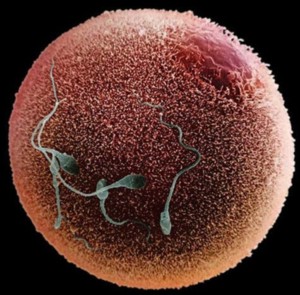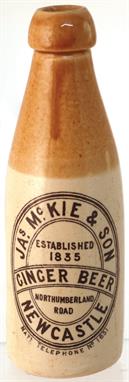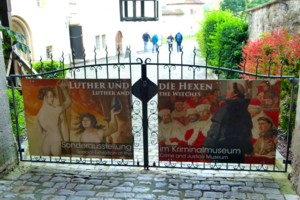Travel
> Hong Kong to Singapore - 2024
|
On February 16th 2024 Wendy and I set-forth on a 20 day trip, revisiting old haunts in SE Asia. From Hong Kong we made a brief side-trip to Shenzhen in China then embarked on a Cruise, sailing down the east coast, south, to Singapore where we spent a few days, before returning home: [Hong Kong; Ha Long Bay/Hanoi; Hoi An; Ho Chi Min City (Saigon); Bangkok; Ko Samui; Singapore] If you are contemplating a trip to any of these destinations, or an ocean-going cruise, you may find these experiences of interest. |
> Canada and the United States - Part2
|
Part 2 begins in August 2023 in Florida, with a nine day cruise to the western Caribbean; then a flight back up to Boston and a drive through Massachusetts; Rhode Island and Connecticut to New York City, for five days; flying to Salt Lake City, Utah and Los Angeles, California, for three days, then back home, after six-and-a-half weeks since leaving. Part1 began in Seattle and Vancouver and followed our movements across Canada to Montreal.
|
> Canada and the United States - Part1
|
Part1 begins in July 2023 with three nights in Seattle, Washington; then a bus journey north to Vancouver, in Canada, followed by a drive across the Rockies through: Kamloops and Revelstoke to Banff, where we were joined by our friends Brian and Kat, to drive up to Jasper and back, then on to Calgary. From Calgary we flew to Toronto for a couple of days before driving to Niagara Falls, then on to Kingston, Ottawa and Montreal. Twenty days in all. Part2 starts in Florida, then the upper east coast and across the United States to Los Angeles, then back home to Sydney, after six-and-a-half weeks. |
> Southern Africa 2023
|
In April 2023 Wendy and I took a second package tour, this time to South Africa with our friends Craig and Sonia. It involved two long flights, via Singapore, staying at quite a nice hotel in Cape Town before a few nights at a resort in Stellenbosch, in lieu of the cancelled Red Train, that was supposed to be a feature of the tour (more of that later). From there we made our way north, via Johannesburg, to several days on safari in the Pilanesberg Game Reserve; then it was off to Zambia (and Zimbabwe) and Victoria Falls, before more fights home. |
Our first overseas trip of 2023, was a package tour to Sri Lanka, booked, somewhat optimistically, amidst the Covid 19 lockdowns, over a year previously.
> Sri Lanka 2023
|
Beginning in the capital Colombo, on the west coast, our bus travelled anticlockwise, in a loop, initially along the coast; then up into the highlands; then north, as far as Sigiriya; before returning southwest to Colombo. |
Travels Past
I recently recalled our visit to Israel a decade ago.
> Israel
| Thinking about our visit to Israel, nearly a decade ago, I've been moved to wonder how many of today's terrorists were children in 2014, during the last full scale IDF attack on Hamas, when 17,200 Garzan homes were totally destroyed; three times that number were seriously damaged and an estimated 2,000 civilians died in the destruction? How many saw their loved ones: buried alive; blown apart; maimed for life; then dismissed, by 'Bibi' Netanyahu, as: 'collateral damage'? And how many of the children, now stumbling in the rubble, will, in their turn, become terrorists against the hated oppressor across the barrier? Is this present purge a good strategy for assuring future harmony? I commend my decade old analysis to you: A Brief Modern History and Is there a solution? where I commented: The actual Israeli solution seems to be to eat away at the potential Palestinian State by degrees, first by allowing and even encouraging the Settlers to annex parts of the less populous West Bank and east Jerusalem. Since republishing this article, I've received several worthwhile comments and have added the related links to the introductory addendum. I commend them to you. |
Over the years we've been to many interesting places. So, in this section I've decided to reprise another one from the past - even further back.
> Cuba
| It's now a dozen years since we went to Cuba. Our visit was recently bought back to mind by my finding Graham Greene's "Our man in Havana" among my 'travel' film collection. The remarkable thing is that much of the atmosphere captured by the movie still feels authentic, having been there in 'real life'. The wonders of travel! So, I've embedded a link to the movie (it's on YouTube) at the end of this, otherwise unchanged, article. If it's been some time, or you've never seen the movie, you can now enjoy it here. |
More Travel: Click Here
ChatGPT
Long ago, in my essay to my children: 'The Meaning of Life' I suggested that: "...if we ever make computers (or computer programs) that evolve without our aid, memes may find computers a better medium for their future survival and evolution. That would threaten our existence or make us the unwitting slaves of technology". In addition, my novella: 'The Cloud' and its prequel 'The Craft' both posit an intelligent cloud. Now several of my friends have asked me what I know about ChatGPT. I've had to confess that I'd never tried it. So, recently, I decided to rectify this.
> Testing ChatGPT
|
As January 26th approached I decided not to repost my usual, unchanging, comments on the date and instead ask ChatGPT about the date. This is what it told me: Australia Day according to ChatGPT I have now seen Oppenheimer - the movie twice (see the review below). So I gave ChatGPT the task of explaining the background to the Manhattan Project and the development of the Atomic Bomb. This is what it told me: The Atomic Bomb according to ChatGPT Updating a broken link to the popular song of the period: How 'ya gonna keep 'em down on the farm after they've see Paree? in my article : Love in the time of Coronavirus, I'd made the point that it was the American 'Dough Boys' who introduced the Spanish Flue to the trenches of WW1, where it became the most deadly modern pandemic, killing up to 50 million when the troops returned to their homes. By comparison: Covid19 has killed 7 million (to date) while world population has grown four-and-a-quarter times. This relative success is entirely due to effective vaccines. So, I asked ChatGPT to tell me about the song. This was what it told me: How 'ya gonna keep 'em down on the farm? But how would it go writing fiction? Well judge, or try it, for yourself Here... It takes less than half-a-minute to write a thousand words or more. By default it writes stories in the third-person around characters and/or places and/or circumstances that you supply in your request. To that extent, it is quite predictable but it gets much more interesting when you ask for a story in the first-person. Then it has to come up with a character's motivation. In the context of a future, self-aware, World Wide Web trying to imagine what motivates humans (or machines?), I found this quite disturbing. For I am Margery, a modern-day witch, and I will stop at nothing to achieve my goals. With my familiars by my side, I will carve out my place in this world, bending reality to my will and ruling over all who dare to defy me. And woe betide anyone who stands in my way, for they will feel the full force of my wrath. But for now, I bide my time, weaving my spells and ensnaring my prey, until the day comes when I will emerge from the shadows and claim my rightful place as queen of all I survey. And on that day, the world will tremble at the sound of my name, and they will know that Margery, the modern-day witch, reigns supreme. |
News
> Oppenheimer
| Seeing this film got me thinking about nuclear power again.
On this website, there are numerous references to the potential benefits of this discovery, that was confirmed by the first atom bomb in the year I was born, and has formed a background to my entire life, both as the gift of new knowledge and as an ever-present threat. That new knowledge has saved and/or extended my life on at least two occasions, while at the same time, radically transforming the society in which we all live. And if you have a spare three hours, the movie, that is now being streamed on YouTube and Foxtel, is perhaps the best of last year's offerings.
|
> Napoleon - the movie
| As holiday entertainment goes, one could do worse than spend two-and-a-half hours (157 minutes) with Napoleon.
Wikipedia tells us: "Napoleon is a 2023 epic historical drama film directed and produced by Ridley Scott and written by David Scarpa. Based on the story of Napoleon Bonaparte, primarily depicting the French leader's rise to power as well as his relationship with his [first} wife, Joséphine, the film stars Joaquin Phoenix as Napoleon and Vanessa Kirby as Joséphine.". The many battle scenes have been praised for their accuracy. One of the most spectacular battle reenactments took place during the final stages of the Battle of Austerlitz when troops advanced towards the French positions across an icy lake. This incident is represented as if it was the entire battle. But why quibble? |
Energy and the Environment
With world media attention no longer on the Covid Pandemic, except in China, the spotlight has moved on to the war in the Ukraine, and at least in Australia and the UK, to the rocketing cost of electricity.
> Electricity Woes
|
The new Federal Government, that came to power on a promise to substantially cut power bills, has had to concede, that instead, there will be substantial price increases. During the election campaign the Shadow Minister for Climate Change and Energy repeatedly asserted that the solution lay in increased wind and solar generated electricity, that he asserted were now cheaper than fossil-fuel generated electricity. Meanwhile, last July (2022) Wendy and I had occasion to visit the town of Rønne on the small Danish island of Bornholm. There on the quayside were a dozen huge wind-turbine nacelles. As I had some spare time on my hands, I looked on-line and discovered that they were Vestas V174-9.5 MW units for installation off the coast of Germany, for either the Baltic Eagle or Arcadis Ost 1 project. I compared the published project cost with other large energy projects around the world. Suffice it to say, that wind-generated electricity is not price-competitive with modern fossil-generated electricity - it's just a lot cleaner.
|
> Electric Cars again-and-again
|
Electric vehicles like: trams; trains; and electric: cars; vans; and busses; all assist in achieving better air quality in our cities. Yet, to the extent that the energy they consume is derived from our oldest energy source, fire: the potential toxic emissions and greenhouse gasses simply enter the atmosphere somewhere else. So are they actually more environmentally friendly than conventional, petroleum-fuelled, vehicles?
|
> Climate Change - a Myth?
|
Several friends and acquaintances of my generation continue to assert that the climate is beyond our control or that 'Climate Change' is a myth. Might I be mistaken in other ways?
|
Biology - we can't escape it
> The Prospect of Eternal Life
|
When I first began to write about this subject, the idea that Hamlet’s apprehension concerning 'that undiscover'd country from whose bourn no traveller returns' was still current in today’s day and age seemed to me as bizarre as the fear of falling off the Earth should you sail too far to the west. Yet it has become apparent to me that some intelligent, educated, people still identify the prospect of eternal life, in either heaven or hell, as an important consideration when contemplating their own life and death. |
> Gaia
|
During our recent trip to Central Australia, I found myself wondering if there is more or less 'life' out here than there is in the more obviously verdant countryside to the north south east or west. Perhaps the entirety of the Earth's biota - James Lovelock's Gaia - is optimised by 'survival of the fittest' to fully exploit the prevailing conditions, so that, at any one time, the total mass of living cells the planet can support has been maximised? Then, maybe, given the present planetary environment, the total biological cake can't get any bigger - it can only swap one: individual; species; order; phylum; etc; for another? This is, of course, pure, unsubstantiated, speculation - born of my 'peripatetic musings'. What do you think? |
> The Chemistry of Life
|
This article - that begins with 'What everyone should know' was written back in 2013 as an appendix to The Meaning of Life, my wide-ranging essay for my children about understanding: what we can know and what we think we do know. |
Miscellaneous
> The McKie Family
|
This is the story of the McKie family down a path through the gardens of the past that led to where I'm standing now. Other paths converged and merged as the McKies met and wed and bred. During that time Newcastle grew from a small port town into one of the World's most important and innovative cities. Thus, they contributed to the prosperity, fertility and skill of that blossoming town during the century and a half when the garden there was at its most fecund. |
> Luther - Father of the Modern World?
|
Continuing the religious theme, 2017 also marked 500 years since Martin Luther nailed his '95 theses' to a church door in Wittenberg and set in motion the Protestant Revolution.
|
> Alternative Facts and other Untrue Tales
|
Most fiction has its roots in real events. Yet the flights of fancy (untruths) these inspire can be more fun. Some of these tales can be read in a few minutes others like: The Cloud and The Craft, require a good bit longer.
|


